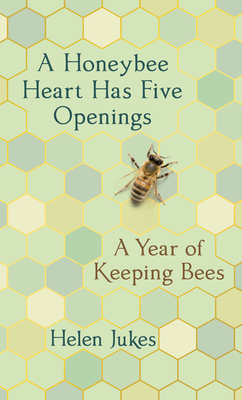What do you think?
Rate this book


256 pages, Paperback
First published July 26, 2018

I sometimes think that life must be a bit like tessellation for some people. You take one shape and fit it to the next and they sit comfortably together – you don’t mind a bit of repetition because it’s what makes the pattern form. Life is not like tessellation for me. Sometimes the shapes don’t fit, or I don’t fit into them, or I’m looking at the patterns but they don’t feel real or right to me.
Here I am pondering impermanence, having just tasked myself with the responsibility of keeping something—with sustaining it. A colony is not a book or an archivable object and you can’t hold it in a glass cabinet or on a shelf. It is live and shifting and if this one doesn’t take to our little rectangular space it’ll be put of here faster than you can say swarm.